Who was Jack the Ripper?
Note ‘from killer’ sells for £22,000 as fresh theories emerge about the 1888 Whitechapel murders
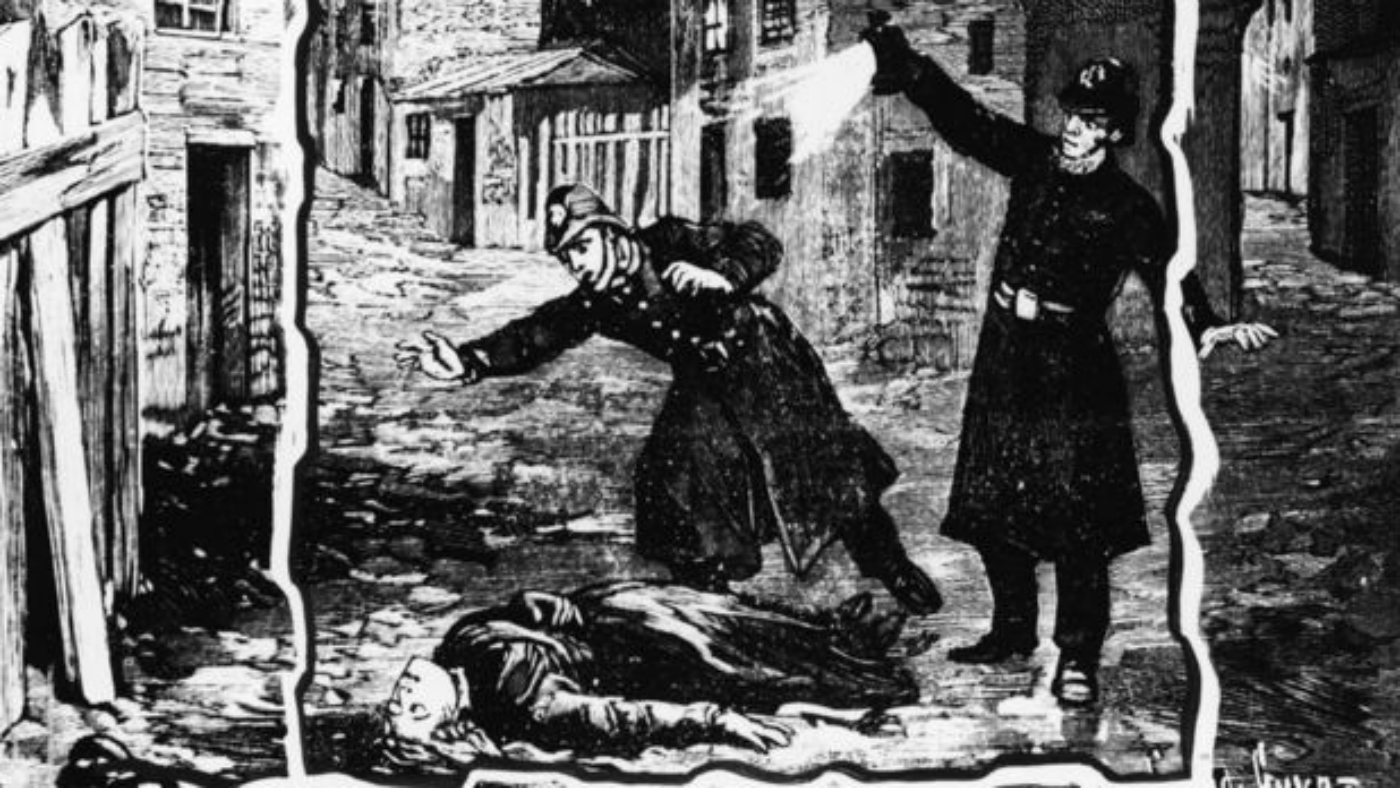
A free daily email with the biggest news stories of the day – and the best features from TheWeek.com
You are now subscribed
Your newsletter sign-up was successful
A postcard believed to have been sent to police by Jack the Ripper warning of two murders has sold for £22,000 at auction.
The hand-written note, posted to west London’s Ealing police station, warns that the killer’s knife “is still in good order”.
The card is dated 29 October 1888, “which was 11 days before Mary Kelly - believed to be Jack the Ripper’s final victim - was murdered”, says the BBC.
The Week
Escape your echo chamber. Get the facts behind the news, plus analysis from multiple perspectives.

Sign up for The Week's Free Newsletters
From our morning news briefing to a weekly Good News Newsletter, get the best of The Week delivered directly to your inbox.
From our morning news briefing to a weekly Good News Newsletter, get the best of The Week delivered directly to your inbox.
Jonathan Riley, of Grand Auctions in Folkestone, Kent, said a British private collector won a bidding war with an American to buy the rare letter. It first entered the market when it was sold by the widow of a Metropolitan Police constable who was given it as a memento when he retired, in 1966.
Riley said: “He happened to be in the right place at the right time, he was retiring, and took it and stuck it in a drawer for 30-odd years...”
According to the auction house: “The great beauty of the card is that with its police provenance it is a unique Ripper item for sale, and no one can prove it is the Ripper himself, but equally no one can prove it is not.”
What did Jack the Ripper do?
A free daily email with the biggest news stories of the day – and the best features from TheWeek.com
The mysterious killer is believed to have murdered at least five prostitutes: Mary Ann Nicholls, on 31 August 1888; Annie Chapman, on 8 September; Elizabeth Stride and Catherine Eddoweson, on 30 September; and Mary Jane Kelly, on 9 November. With the exception of Stride, all of the women were horribly mutilated.
These deaths are often referred to as the “canonical five” Ripper murders. However, according to Casebook, a website dedicated to Ripper-related information, some experts believe the first victim was a prostitute called Martha Tabram, who was stabbed to death on 6 August 1888.
The name Jack the Ripper originates from a letter written by someone who claimed to be the killer published in London newspaper at the time of the murders.
As details of his gory deeds emerged, fear spread and “the streets of London emptied after nightfall, leaving the once bustling Victorian capital deathly silent while the Ripper roamed the streets”, says The Sun.
Who was Jack the Ripper?
The murders stopped as quickly as they had begun following Kelly’s death. The identity of the killer was never established, and the police officially closing the investigation in 1892.
But the crimes never faded from public consciousness, with hundreds of so-called Ripperologists coming up with their own theories over the decades. “The line-up of possible suspects has included the father of Winston Churchill, author Lewis Carroll, and Prince Albert Victor, grandson of Queen Victoria and second in line to the British throne,” says History.com.
During the course of their investigations, police viewed several men as strong suspects, though none was ever formally charged.
These included Montague John Druitt, a gay barrister who later committed suicide; Seweryn Klosowski, a barber from Whitechapel who poisoned three of his wives; Aaron Kosminski, a Polish paranoid schizophrenic; and Michael Ostrog, a Russian conman.
What are some of the theories around the murders?
In 1992, Ripperologists around the world “were stunned by the discovery of a previously unknown memoir, claiming to have been written by Liverpool cotton merchant James Maybrick”, says The Daily Telegraph.
In the 9,000-word volume, Maybrick confessed to the brutal murders of five women in the East End of London, as well as a prostitute in Manchester.
He signed off the diary: “I give my name that all know of me, so history do tell, what love can do to a gentleman born. Yours Truly, Jack The Ripper.”
But within months of the book hitting the shelves, “Ripper experts, who subjected it to careful analysis, began to question its authenticity”, says the Telegraph.
More recently, researchers - including Withnail and I writer and director Bruce Robinson - who have spent years poring over the story, have insisted that the Ripper was not a fiend, or a criminal genius.
Rather, “he was a psychopath shielded by servants of the Victorian state”, Robinson told The Daily Telegraph in 2015. More specifically, he was “shielded by the fraternal bonds of Freemasonry”, he said.
Robinson’s theory is that all of the killings bore the unmistakable stamp of being “perversions of Freemasonic ritual”.
The most recent theory, which came to light in February, is that the Ripper may have been a Dutch serial killer and sailor. Crime historian Dr Jan Bondeson recently named Hendrik de Jong as a prime suspect. De Jong murdered two wives in his homeland and is believed to have travelled to London regularly.
Bondeson said: “We can’t say for certain he was Jack the Ripper, but he is a credible candidate who until now has been ignored in England yet was seen as a prime suspect in the Dutch newspapers of the time.”
-
 How the FCC’s ‘equal time’ rule works
How the FCC’s ‘equal time’ rule worksIn the Spotlight The law is at the heart of the Colbert-CBS conflict
-
 What is the endgame in the DHS shutdown?
What is the endgame in the DHS shutdown?Today’s Big Question Democrats want to rein in ICE’s immigration crackdown
-
 ‘Poor time management isn’t just an inconvenience’
‘Poor time management isn’t just an inconvenience’Instant Opinion Opinion, comment and editorials of the day
-
 The Week Unwrapped: Seeing stars, prescribing comedy and decriminalising drugs
The Week Unwrapped: Seeing stars, prescribing comedy and decriminalising drugspodcast What will the James Webb Telescope accomplish? Why is the NHS sending people to comedy courses? And are drugs laws about to change in the British capital?
-
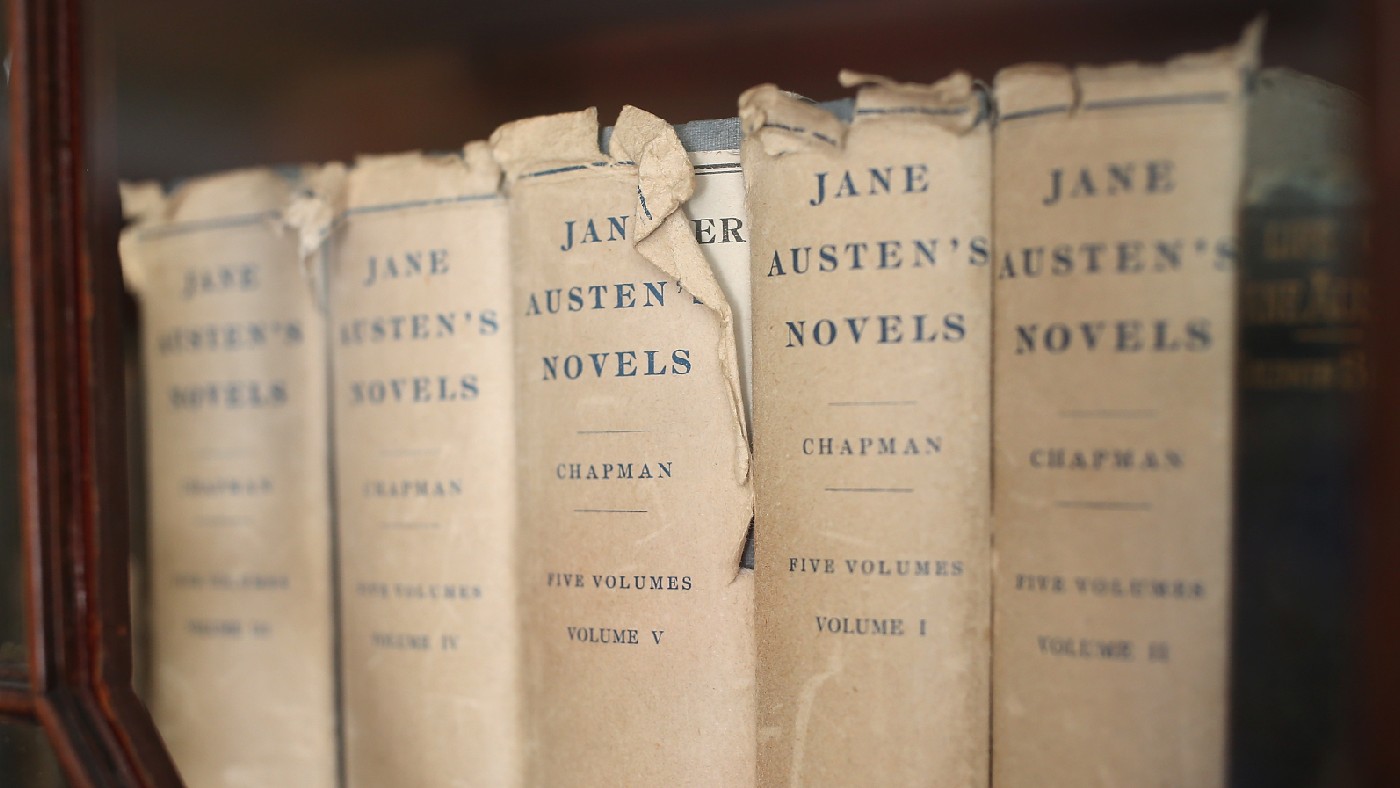 ‘The fight against far-right extremism doesn’t start with classics written in a past society’
‘The fight against far-right extremism doesn’t start with classics written in a past society’Instant Opinion Your digest of analysis and commentary from the British and international press
-
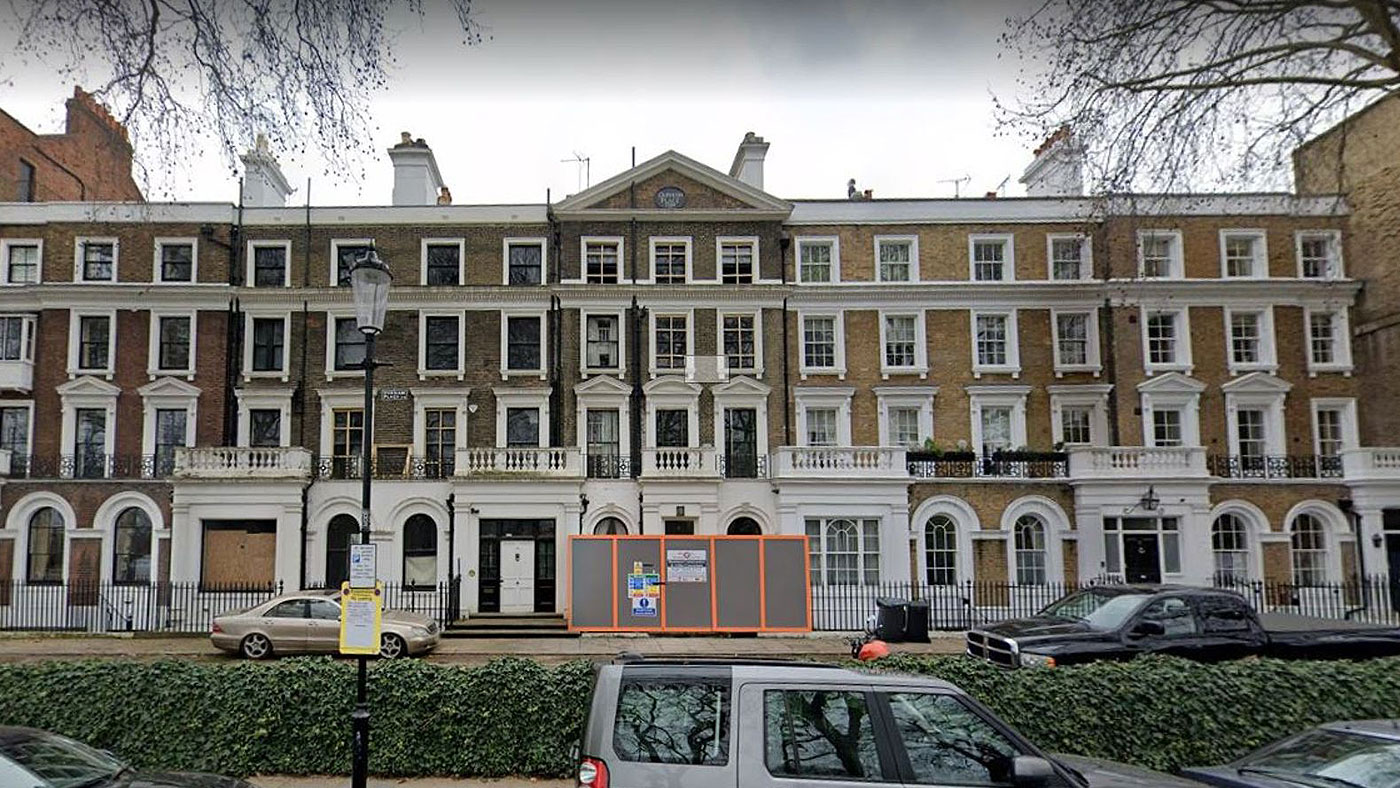 Movie mogul’s £6m London mansion collapses during ‘iceberg’ basement work
Movie mogul’s £6m London mansion collapses during ‘iceberg’ basement workSpeed Read Chelsea property belonged to the family of late executive Arthur Abeles
-
 Cathedral livestreams memorial service for stray cat
Cathedral livestreams memorial service for stray catSpeed Read And other stories from the stranger side of life
-
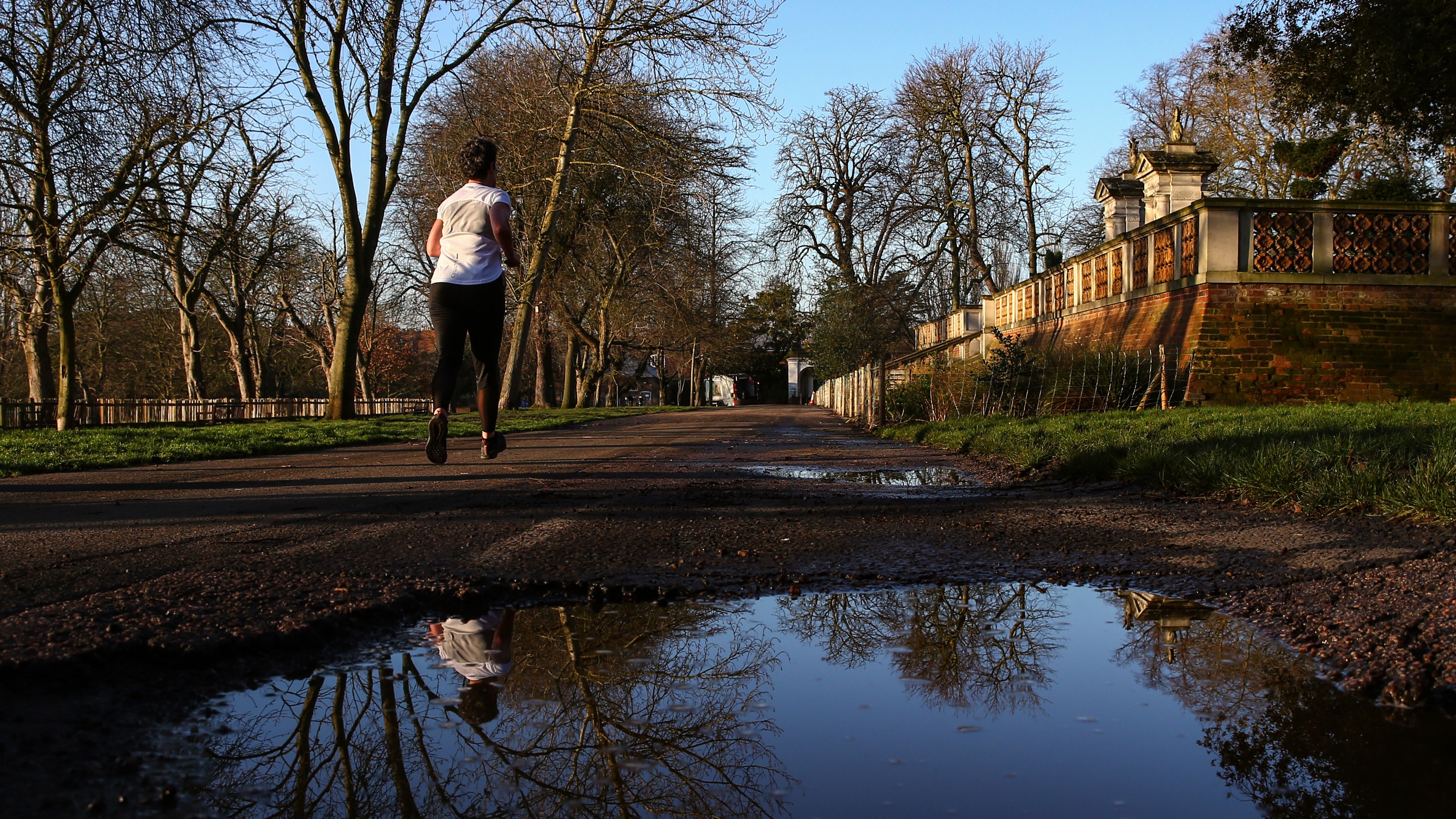 The luxury London neighbourhood that may be renamed over slavery links
The luxury London neighbourhood that may be renamed over slavery linksSpeed Read Holland Park under scrutiny by city authorities after local statue vandalised by protesters
-
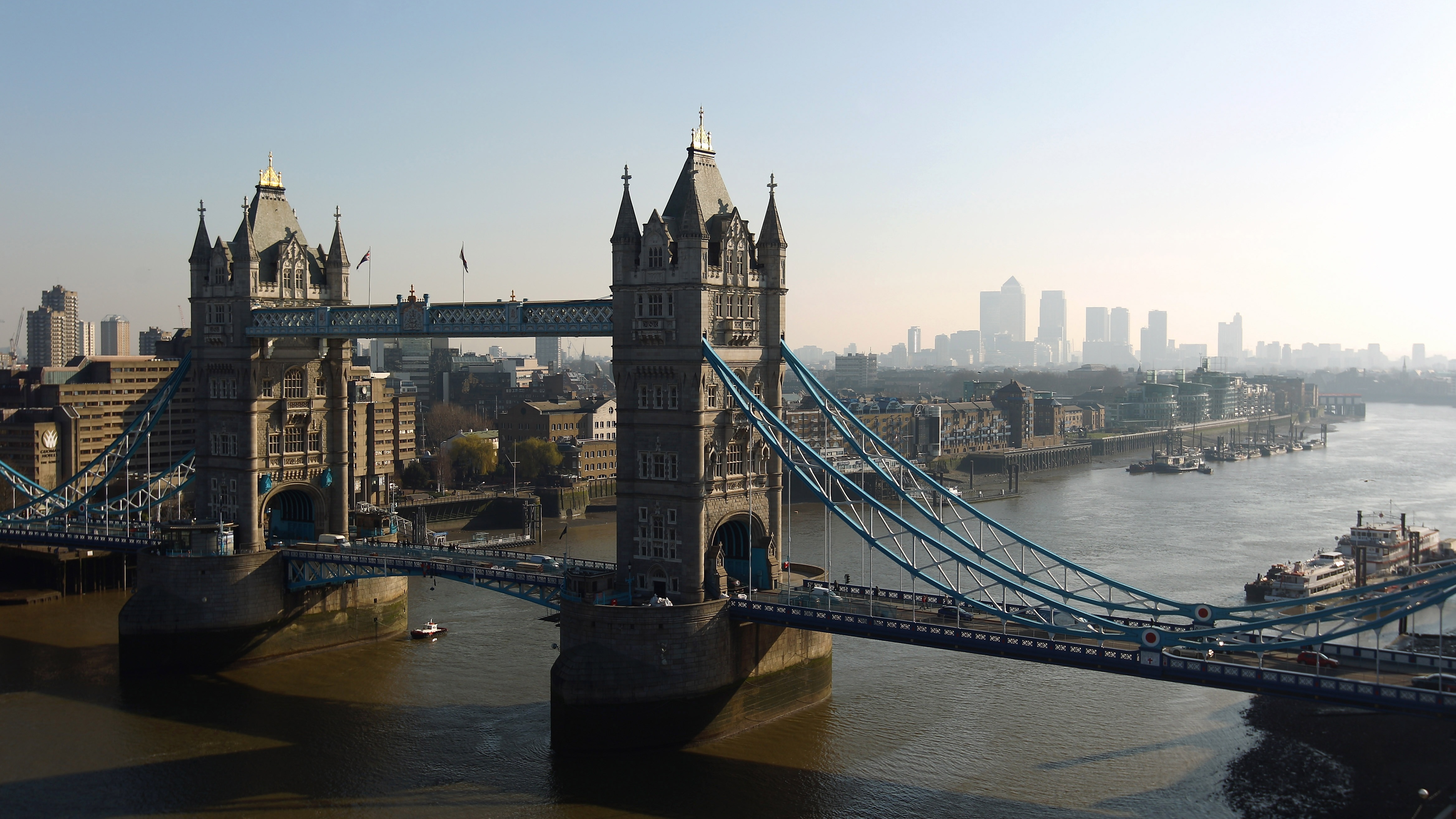 Instant Opinion: ‘London must thrive if we all want to prosper’
Instant Opinion: ‘London must thrive if we all want to prosper’In Depth Your guide to the best columns and commentary on Monday 27 January
-
 Why Uber drivers are suing Sadiq Khan
Why Uber drivers are suing Sadiq KhanSpeed Read Minicab operators say mayor’s decision to make them pay congestion charge is discriminatory
-
 Man pulled from under train at Sloane Square tube station
Man pulled from under train at Sloane Square tube stationSpeed Read Victim hospitalised in unknown condition after being struck by a train